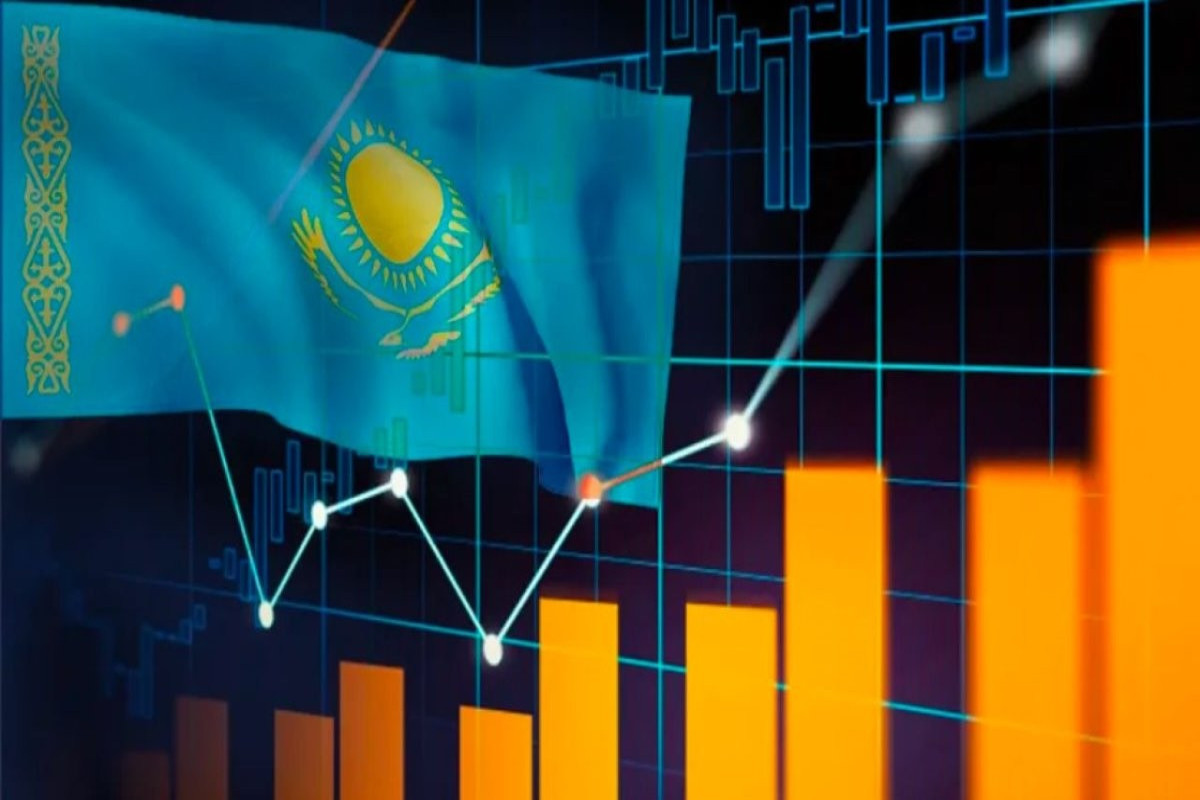Kazakhstan Surpasses Russia in GDP per Capita: Economic Growth and Strengthened Energy Infrastructure

Kazakhstan
is demonstrating new achievements in both economic and energy sectors.
According to the International Monetary Fund, the country has, for the first
time in a decade, overtaken Russia in GDP per capita. At the same time, a key
stage of modernization of the Central Asia–Center (CAC-4) gas pipeline has been
completed, strengthening the energy security of both Kazakhstan and the wider
region.
According to IMF research, Kazakhstan has taken a leading
position among CIS countries, surpassing Russia in GDP per capita. Experts
attribute this success to economic diversification, prudent fiscal and
budgetary policy, and the absence of large-scale sanctions that Russia
currently faces.
This growth is seen as confirmation of the country’s
resilience and its ability to develop domestic resources while expanding
markets.
The state-owned company QazaqGaz has completed a major overhaul
of the CAC-4 section, including pipe replacement and insulation system
upgrades. This will improve the pipeline’s reliability and throughput capacity,
as well as create a foundation for integration with the future CAC-5 project.
The Central Asia–Center gas pipeline system plays a crucial
role in the transit of energy resources from Central Asia to Russia and Europe,
and its modernization opens up new opportunities for energy cooperation.
Surpassing
Russia in GDP per capita is not only a symbolic achievement but also a
strategic indicator. Kazakhstan is showing that it is possible to pursue an
independent economic policy without deep reliance on Moscow. This could inspire
neighboring Central Asian countries to step up the development of their
domestic markets and reforms.
At the same time, the modernization of the CAC pipeline
enhances energy resilience and positions Kazakhstan as an emerging transit hub.
In the long term, this may strengthen its negotiating power not only with
Russia but also with the European Union and China.
Against
the backdrop of Russia’s weakening influence in the region, Kazakhstan is
consolidating its role as an independent power center. Economic stability and
control over transport and energy routes make the country a key player in
Central Asia, capable of balancing between the interests of the West, China,
and Moscow.
Despite
the progress, challenges remain: the economy’s dependence on commodity
revenues, the need to develop high-tech sectors, and vulnerability to external
shocks in the energy market.
Kazakhstan is firmly establishing itself as the regional leader in Central Asia by combining economic growth with modernization of its energy infrastructure. This strengthens its political standing and makes it a more independent player amid the shifting balance of power.
 Latest news
Latest news Latest news
Latest newsNATO and EU Join Forces to Build a “Drone Wall”
15.Oct.2025
Trump: New bonds of friendship to join Armenia to Azerbaijan
14.Oct.2025
UK to lift its arms embargo on Armenia, Azerbaijan
14.Oct.2025
Russia Opens New Criminal Case Against Opposition Figure Khodorkovsky
14.Oct.2025
Expert analysis by Tigran Khzmalyan: If Pashinyan wins again, Armenia will fall completely under Russia’s influence
14.Oct.2025
The Kremlin Warns the West of Dangerous Escalation: U.S. Plans to Supply Tomahawk Missiles to Ukraine
12.Oct.2025
Moscow Admits Guilt for Downing Azerbaijani Plane: Putin and Aliyev Show “Mutual Understanding of Authoritarian Allies”
10.Oct.2025
Kazakhstan to Fully Transition to Digital Governance: Tokayev Announces Creation of New Ministry
10.Oct.2025
State Duma Denounces Plutonium Disposal Agreement with the United States
09.Oct.2025
U.S. Congressmen Propose Sanctions Against Azerbaijan in Case of New Aggression Against Armenia
08.Oct.2025

 20 Oct 2025
20 Oct 2025








